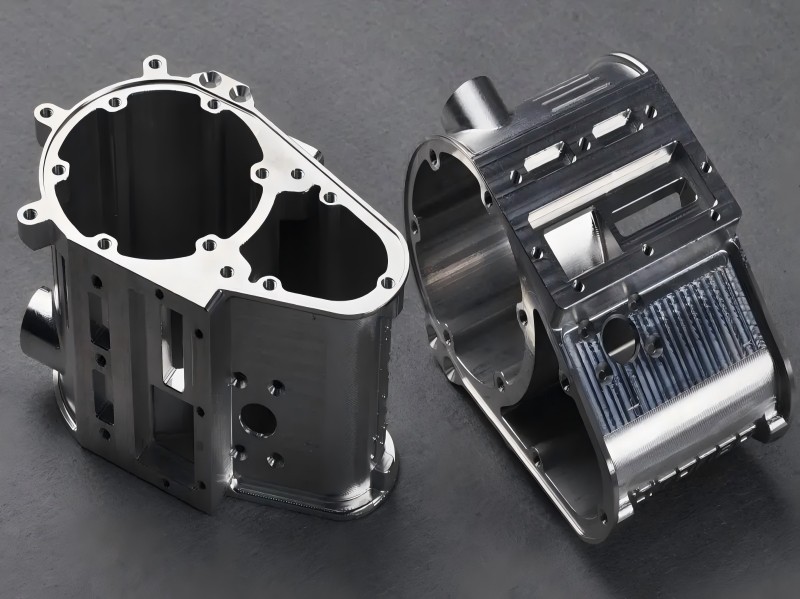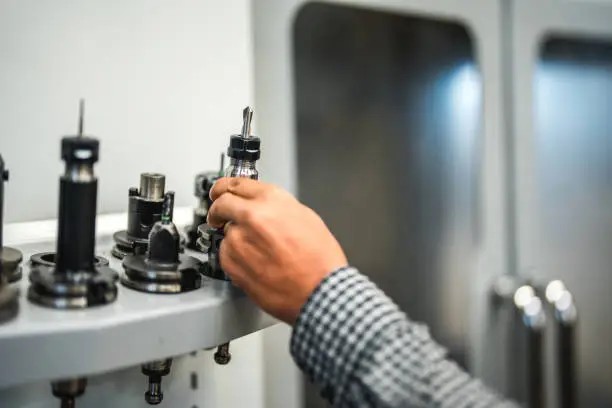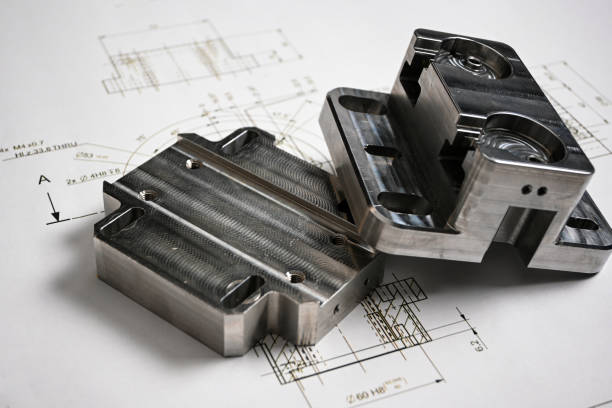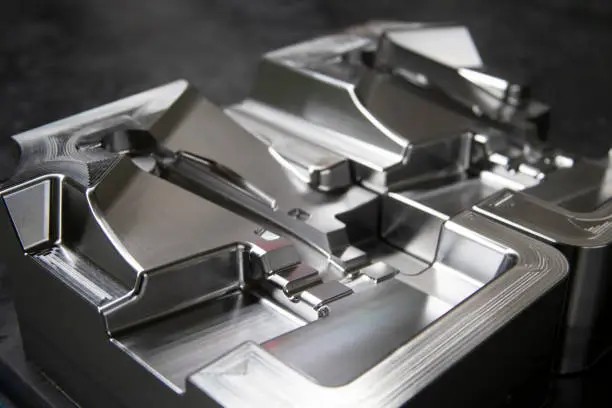- Mar 06, 2025
Introduction: The Rise of Rapid Manufacturing in the Industry
In today’s fast-paced market, rapid manufacturing in the industry has become a game-changer for businesses looking to reduce lead times, enhance customization, and improve cost efficiency. This technology-driven approach integrates 3D printing, CNC machining, and injection molding to create high-quality products with minimal delays. As industries embrace digital transformation, rapid manufacturing services are revolutionizing traditional production methods, offering unmatched flexibility and scalability.
What is Rapid Manufacturing?
Rapid manufacturing refers to the use of advanced technologies to accelerate the production of prototypes and end-use parts. Unlike conventional manufacturing, which requires extensive tooling and long production cycles, rapid manufacturing solutions leverage automated systems to produce components with precision and speed. This approach is widely used in automotive, aerospace, healthcare, and consumer electronics industries.

Key Benefits of Rapid Manufacturing in the Industry
1. Faster Production Times
One of the biggest advantages of rapid manufacturing services is the ability to produce components quickly. With technologies like additive manufacturing (3D printing) and high-speed CNC machining, companies can cut production times by up to 50%, ensuring faster market entry.
2. Cost-Effective Production
Traditional manufacturing often requires expensive molds and tooling, making small-batch production costly. Rapid manufacturing solutions eliminate the need for complex tooling, reducing initial investment costs while maintaining high precision and quality.
3. Customization & Design Flexibility
With rapid prototyping and manufacturing, businesses can easily tweak designs, test multiple iterations, and tailor products to customer needs without additional costs. This flexibility is especially valuable for medical device manufacturing, automotive parts, and aerospace engineering.
4. Reduced Waste & Sustainable Production
Compared to conventional methods, rapid manufacturing generates less material waste, making it a more sustainable option. 3D printing and precision CNC machining allow for optimized material usage, reducing environmental impact.

Applications of Rapid Manufacturing Across Industries
✔ Automotive – Custom vehicle components, lightweight parts, and rapid prototyping for new models.
✔ Aerospace – High-performance aircraft parts with precision manufacturing.
✔ Medical & Healthcare – Patient-specific prosthetics, dental implants, and surgical tools.
✔ Electronics – Small-batch circuit boards and customized enclosures for consumer devices.
✔ Industrial Equipment – Rapid tooling and machine components for specialized manufacturing needs.

How to Choose the Right Rapid Manufacturing Services
When selecting a rapid manufacturing company, consider factors such as:
✅ Technology Capabilities – Ensure they offer 3D printing, CNC machining, and injection molding.
✅ Material Options – Look for a provider with a wide range of metals, plastics, and composites.
✅ Industry Experience – Partner with experts in your specific sector.
✅ Turnaround Time – Choose a manufacturer that meets your project’s timeline without compromising quality.
Conclusion: The Future of Rapid Manufacturing
As technology advances, rapid manufacturing in the industry will continue to revolutionize production processes, enabling businesses to achieve faster, more cost-effective, and highly customized manufacturing. Whether you need rapid manufacturing services for prototyping or full-scale production, embracing this innovation will keep you ahead of the competition.
https://zn-bio.com ;https://www.zwintelligent.com


